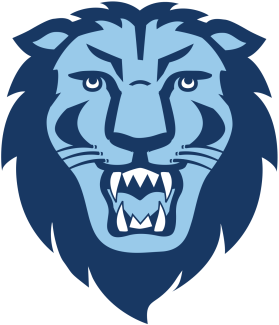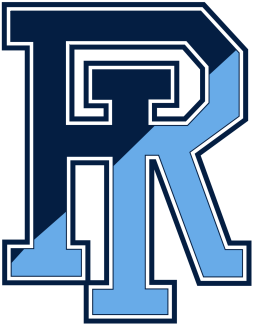06:00 PM
Apr 18



06:00 PM
Apr 18


06:00 PM
Apr 18


07:00 PM
Apr 18


08:00 PM
Apr 18


10:00 AM
Apr 19


11:00 AM
Apr 19


11:00 AM
Apr 19


11:00 AM
Apr 19


11:00 AM
Apr 19


11:30 AM
Apr 19


12:00 PM
Apr 19


12:00 PM
Apr 19


12:00 PM
Apr 19


12:00 PM
Apr 19


12:00 PM
Apr 19


12:00 PM
Apr 19


12:00 PM
Apr 19


12:00 PM
Apr 19


12:00 PM
Apr 19


12:00 PM
Apr 19


12:00 PM
Apr 19


12:00 PM
Apr 19


12:00 PM
Apr 19


12:00 PM
Apr 19


12:00 PM
Apr 19


12:00 PM
Apr 19


12:00 PM
Apr 19


12:00 PM
Apr 19

